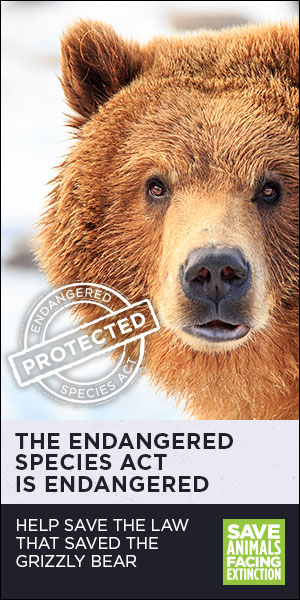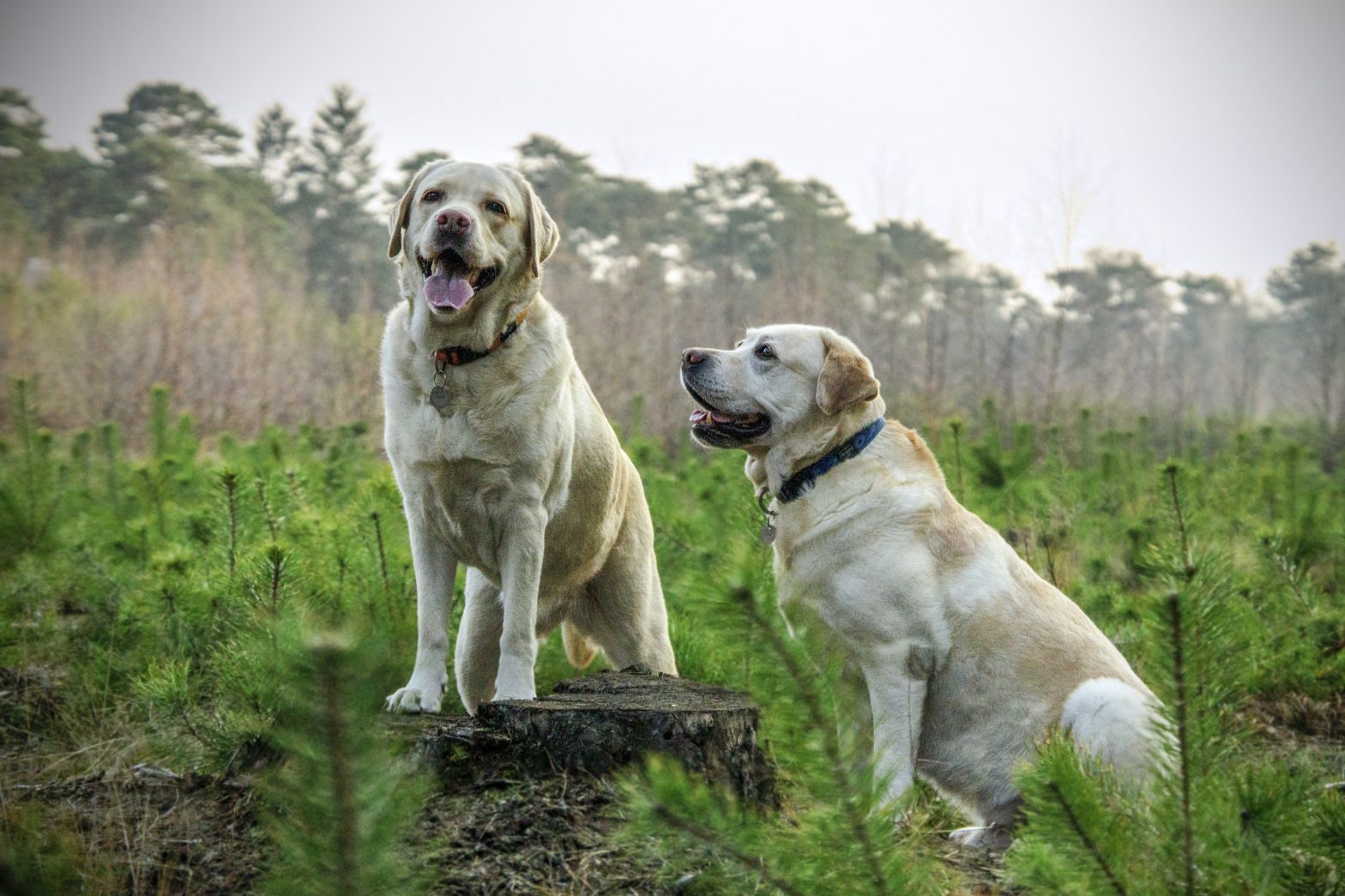Taking care of your dog’s dental health is essential for their well-being. But did you know certain dog breeds face a higher risk for dental issues than others? Understanding breed-specific dental problems helps you provide the best care for your canine companion.
This article will explore which breeds are more susceptible to dental issues, common dental problems amongst dogs, and preventive measures to maintain your dog’s oral health.
Dog Dental Disease
Common Dental Issues Among Dogs
Dental problems are common in dogs, with periodontal disease being the most prevalent. Plaque buildup on teeth, gum inflammation, and tooth loss are some of the common dental issues that can affect a dog’s overall health. Regular checkups and proper dental care can help prevent these issues and keep your furry friend healthy.
Periodontal Disease: Definition and Risk Factors
Periodontal disease occurs when dental plaque bacteria accumulate on the teeth and gums, causing inflammation, infection, and tissue damage. Poor oral hygiene, diet, and genetics contribute to periodontal disease in dogs. The severity of the disease differs across dog breeds, with some breeds being more prone to developing it.
Breeds More Prone to Dental Issues
Small Breeds and Dental Problems
Small breeds such as Yorkies, Chihuahuas, Maltese, Poodles, Pomeranians, Lhasa Apsos, King Charles Cavalier Terriers, and Shih Tzus often face dental problems due to overcrowding and genetic predispositions. Regular dental checkups and care are critical for maintaining their dental health.
Large Breeds and Dental Issues
While large breeds like Labradors, Shepherds, and Great Danes typically have fewer dental issues, they are more at risk of tooth fractures due to their active nature. Regular dental checkups and appropriate chew toys help prevent tooth damage in these breeds.
Specific Dental Issues by Breed
Each dog breed has its unique predisposition for dental issues. Let’s take a closer look at some of the most common dental problems found in different dog breeds:
Overbite in Dogs (Collies, Shelties, Dachshunds)
Overbite, also known as malocclusion, is a dental issue where the lower jaw is shorter than the upper jaw, resulting in the misalignment of teeth. This abnormal relationship between dental arches is typical in breeds like Collies, Shelties, and Dachshunds, causing discomfort and an increased risk for dental problems.
Teeth Misalignment in Brachycephalic Breeds (Pugs, Shih Tzus, Bulldogs, etc.)
Dogs with short, pushed-in faces, also known as brachycephalic breeds, often have teeth that do not line up correctly. This misalignment increases bacterial buildup, food entrapment, and periodontal disease. Proper dental care and attention to these issues are crucial for ensuring the well-being of brachycephalic breeds.
Persistent Deciduous Teeth (Yorkies, Poodles, Maltese, Pomeranians)
The persistence of baby teeth, even after the adult teeth have erupted, is a common issue in small breeds like Yorkies, Poodles, Maltese, and Pomeranians. This condition leads to crowded teeth, prone to plaque buildup and periodontal disease.
Tooth Crowding in Small Breeds (Chihuahuas, Maltese, etc.)
In small breeds like Chihuahuas and Maltese, tooth crowding due to the limited space in their mouths makes them more susceptible to gum disease and tooth decay. Regular cleanings and checkups with a veterinarian are essential to prevent serious dental issues.
Periodontal Pockets (Dachshunds and Collies)
Dachshunds and Collies are prone to developing periodontal pockets, spaces created by tooth and bone loss that harbor bacteria. Prompt treatment by a veterinarian can help prevent further damage in these breeds.
Gingival Hyperplasia (Boxers, Great Danes, Mastiffs, Bulldogs, Collies)
Gingival hyperplasia is a condition characterized by the excessive growth of gum tissue. This issue commonly affects Boxers, Great Danes, Mastiffs, Bulldogs, and Collies and requires proper treatment from a veterinarian.
Delayed Tooth Eruption (Shih Tzus, Lhasa Apsos, Maltese, Havanese)
Certain breeds like Shih Tzus, Lhasa Apsos, Maltese, and Havanese experience delayed tooth eruption, where their teeth emerge later than usual. This delay can lead to tooth impaction and other issues if left untreated.
Tooth Fractures in Large, Active Breeds (Labradors, Shepherds)
Active breeds like Labradors and Shepherds are more prone to tooth fractures due to their energetic nature. Providing them with appropriate chew toys and regular dental checkups can help prevent tooth damage.
Oral Hygiene and Prevention
Pet Health Care
Like dental care, overall pet health care is essential to ensure your dog’s well-being. Visiting a trusted veterinary clinic, such as Crossroads Animal Clinic in Arlington, can help keep your dog up-to-date on vaccinations, dental care, and other health concerns. Regular checkups and preventive care are crucial for maintaining a healthy, happy dog.
Importance of Regular Dental Checkups and Cleanings
No matter the breed, every dog needs regular dental checkups and cleanings to maintain good oral health. Regular visits to the vet can prevent dental problems and ensure any issues that arise are treated promptly.
At-home Dog Teeth Cleaning
In addition to regular vet visits, at-home teeth cleaning is vital for maintaining your dog’s dental health. Brushing your dog’s teeth, using appropriate dental treats, and providing chew toys designed for dental health can improve their oral hygiene.
Pet Dental Care
For more in-depth information on pet dental care, including tips and product recommendations, click for more info. Good home dental care practices and regular vet visits can help you maintain your dog’s dental health efficiently.
Proper Diet and Chew Toys for Maintaining Dental Health
Feeding your dog a balanced diet with high-quality ingredients can contribute to their oral health. Similarly, providing them with appropriate chew toys can help reduce plaque buildup and maintain strong teeth.
Dog Kennels
Dental care is not the only concern for pet owners. When it comes to leaving your furry family member overnight, finding a reliable boarding service that will cater to your pet’s needs is essential. Look for trustworthy facilities that offer overnight boarding for dogs that ensure proper care, attention, and safety for your pet while you’re away.
The Takeaway
Understanding breed-specific dental issues is vital to providing the best care for your dog. Regular dental checkups, cleanings, and at-home oral care are essential for maintaining your dog’s overall health. By staying informed and proactive, you can help ensure your dog lives a happy, healthy life with a bright, shining smile.


